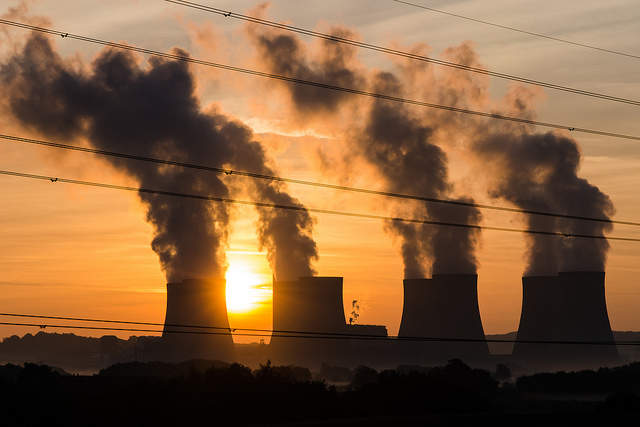
Trillions of dollars worth of fossil fuel wealth will be lost over the next 17 years if companies continue to invest in the industry, regardless of whether or not governments impose carbon emission limits, according to a new report.
Researchers have said that dwindling fossil fuel demand would mean exporters, such as the US, Russia and Canada, could suffer a severe financial loss of around $1tn-$4tn if they continued to invest in the industry. A loss on this scale is comparable with that which catalysed the 2007 financial crisis.
The study, conducted by analysts from Radboud University, the University of Cambridge (C-EENRG), Cambridge Econometrics, the University of Macao, and the UK Open University, demonstrates the steady decline of fossil fuel consumption as a result of ongoing clean energy developments, as well as the tight carbon budget set in the Paris Agreement.
Results, published in Nature Climate Change, were obtained using a novel modelling technique that tracked the diffusion of low-carbon technologies based on empirical data.
In the report, Dr Jean-Francois Mercure of Radboud University/C-EENRG says countries should work to “deflate the carbon bubble” through investment in green energy sources, working towards early decarbonising and steady divestment.
The warning adds to previously voiced fears of ‘stranded assets’ in listed energy companies, as policies are brought in to try to reduce coal, oil and gas use.
The belief that such climate policies will not be adopted for some years has thus far kept industry investment into fossil fuels high. However, it is this belief that the report attempts to disparage, saying that new policies would only accelerate a process already underway.
Study co-author Hector Pollitt from Cambridge Econometrics and C-EENRG said the new research displayed the “mismatch” between reductions in fossil fuel use necessary to achieve climate targets, and the actions of investors.
He added that governments have a duty to meet the goals set by the Paris Agreement “to ensure that the significant detrimental economic and geopolitical consequences we have identified are avoided.”
The team also took the US’s withdrawal from the Paris Agreement into account, examining the effect of the country’s continued fossil fuel investment.
The analysis showed that a global reduction in fossil fuel demand would make the US industry uncompetitive and thus lead to job losses and facility closures. This compares with the job and wealth creation that would result from its adoption and development of low-carbon technologies if it were to remain in the climate change agreement.
On the positive side, the report also says the shift to clean energy is good news for importers, including China and the EU, which will have the opportunity to shed high fossil fuel expenditures.
Omar Rahim, CEO of energy solutions company Energi Mine, said it is high time the energy companies “had a shake-up”. He added that the industry has been tightly controlled by a few key players for too long, creating a bad deal for consumers as companies have been raising energy prices.
He added that renewable energy “can begin to change the dynamic and give control back to the consumer” in the decreasing costs of installation and the ability for decentralised energy models, with consumers capable of generating their own electricity.



